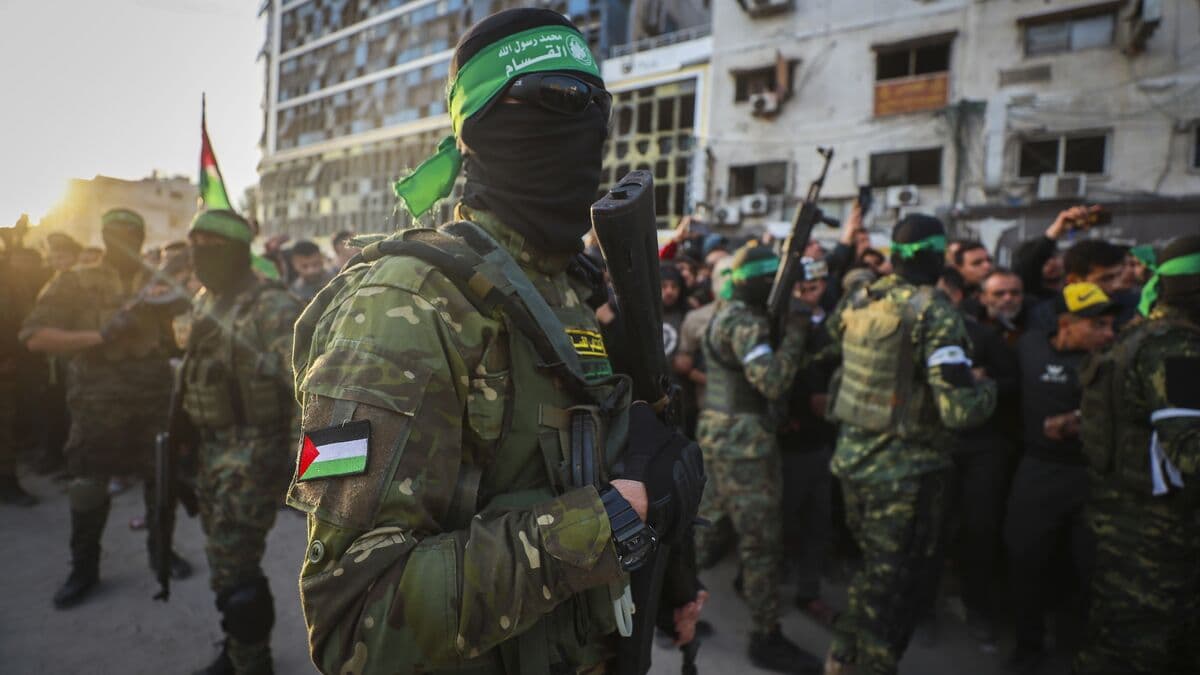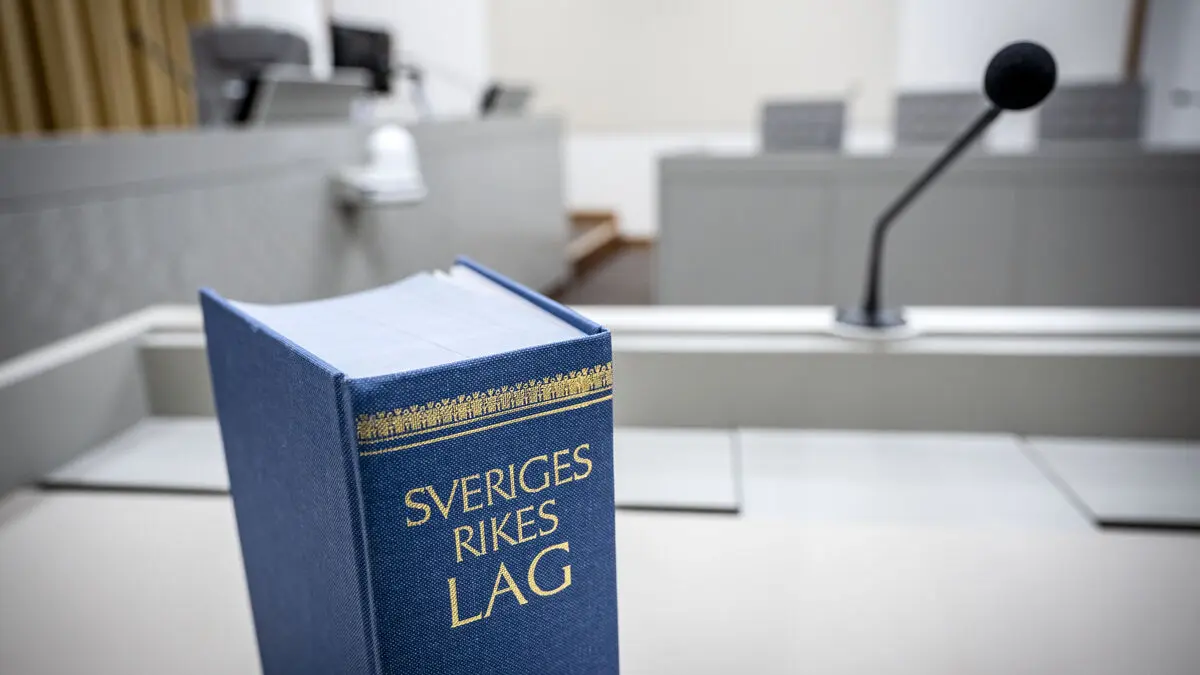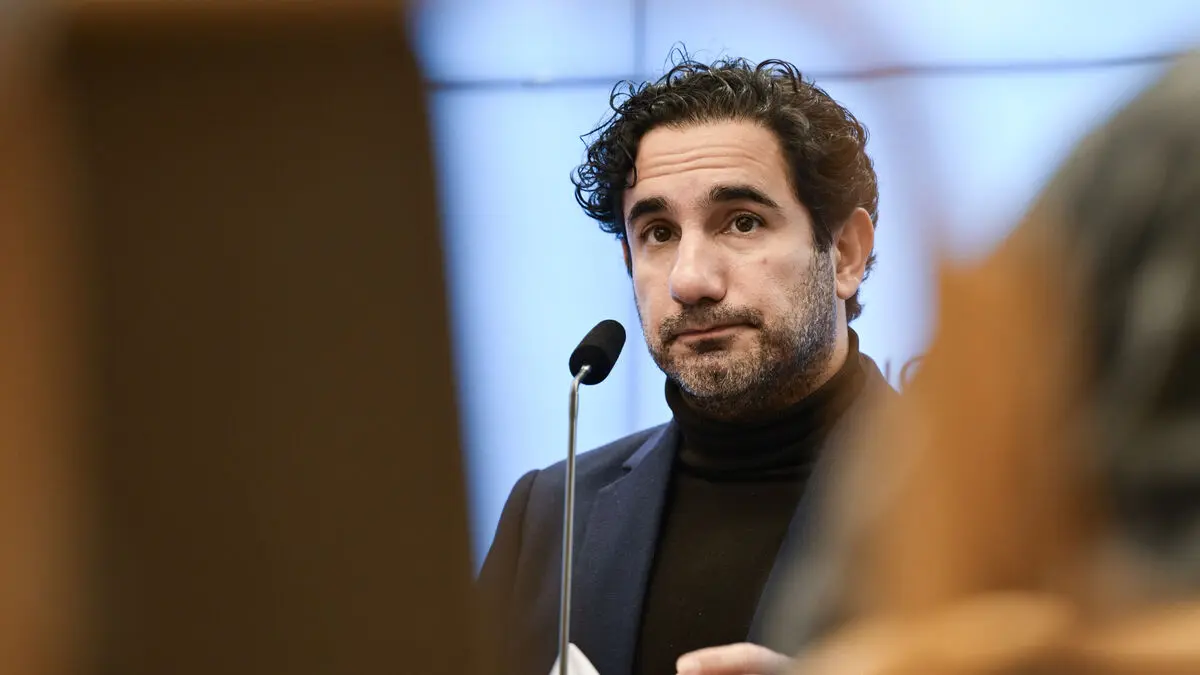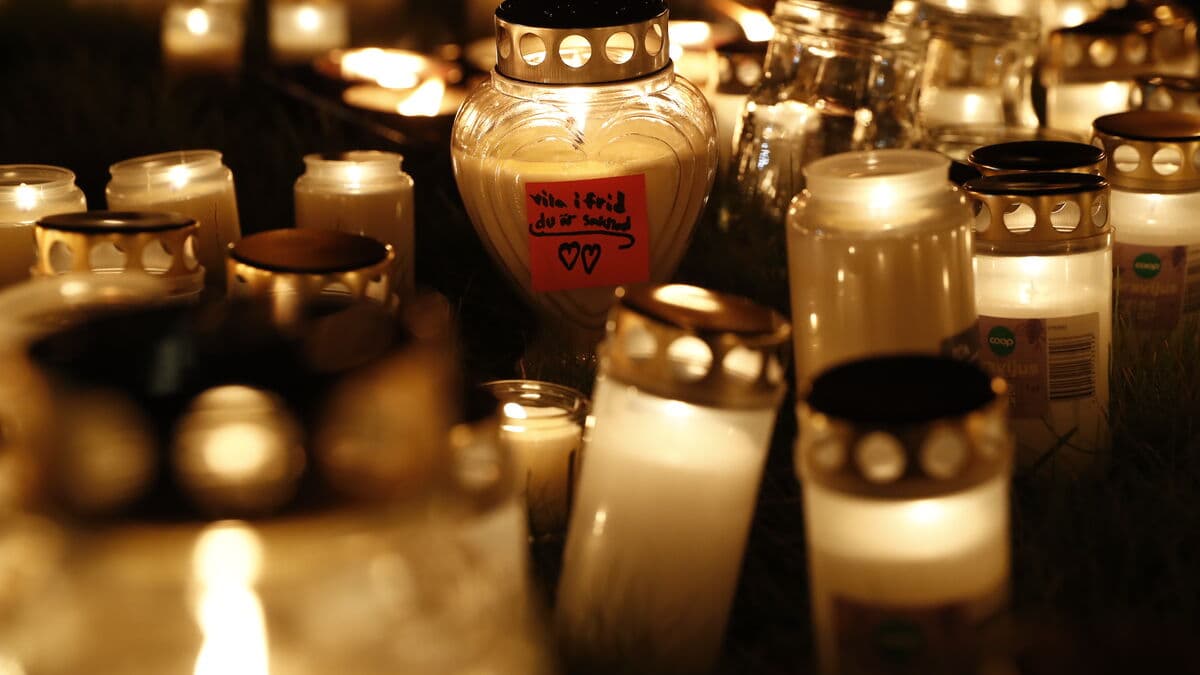Hamas must release hostages, lay down arms, allow the destruction of the military infrastructure, give up political power and agree to a vague formulation on continued Israeli presence in the Gaza Strip – according to the 20-point list that the US and Israel have negotiated without Palestinian presence.
Why would the Islamist group agree to this?
The main answer is that they simply do not have much choice, says Joas Wagemakers, professor of Islamic studies at the University of Utrecht and expert on Hamas and Palestinian nationalism.
Negotiations continue
Hamas is after two years of devastating war with its back against the wall. From Hamas' point of view, an end to the war is necessary for the movement to be able to survive. Although they have agreed to give up their trump card – the hostages – the negotiations continue.
To give up political power, as the 20-point agreement requires, is likely the "least unacceptable" for Hamas, according to Wagemakers. To be disarmed will be more difficult for the movement, which was formed as a military response to Israel's occupation in the 1980s. Maybe they will try to get a variant where only larger weapons are handed over to Israel.
One could argue that Hamas members should be integrated into a Palestinian police force, which militant Palestinian groups did according to the Oslo Agreement in the 1990s, says Wagemakers.
Turkey and Qatar?
Hamas members who commit to peaceful coexistence and lay down their arms will, according to the 20-point plan, receive amnesty and be allowed to move to "receiving countries". Turkey and Qatar are the most likely places of refuge since other neighboring countries – Egypt and Jordan – have been more negatively inclined towards the Islamist group.
But even if the US-negotiated plan is followed, it cannot be said that Israel has succeeded in its goal of eradicating Hamas. Without a political solution to the underlying problem, the dismantling of the group will only lead to a similar alternative emerging in its place, according to Joas Wagemakers.
There will still be Palestinian nationalism, there will still be a conflict, and Palestinians will still be angry about the lack of self-determination. It will be expressed in violence.






